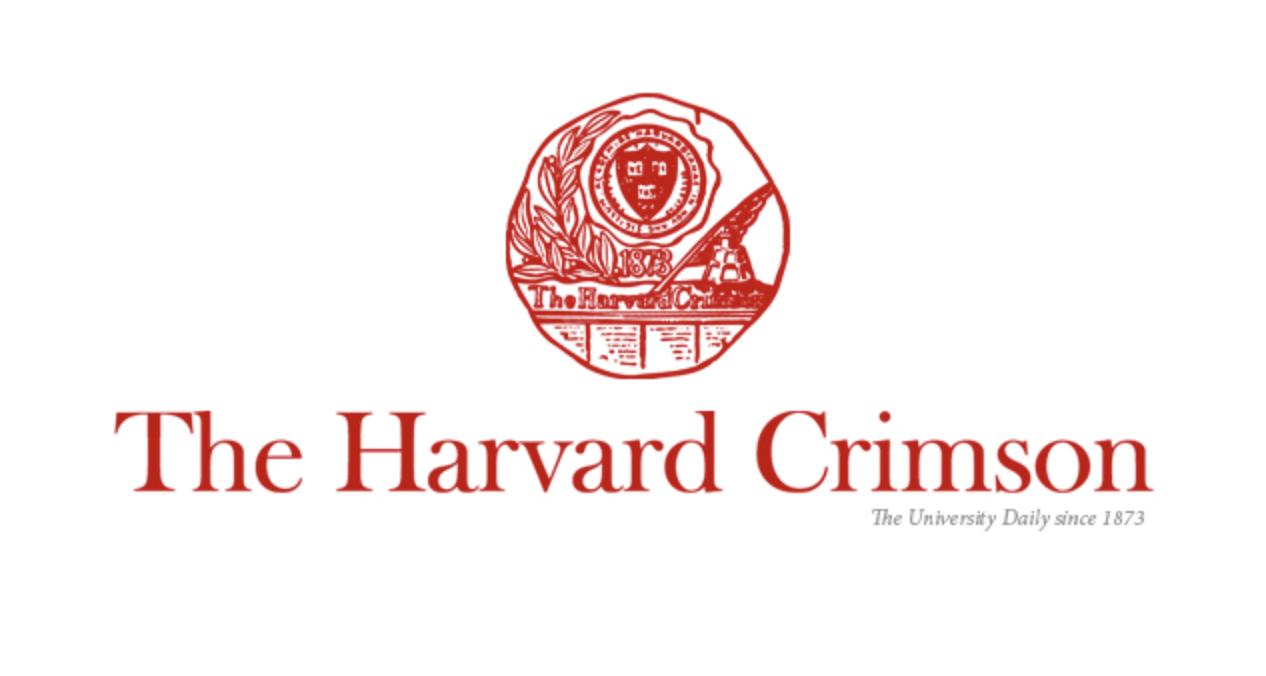Politics
Harvard Honor Council Member Who Votes on Plagiarism Cases Says University President Claudine Gay Got By on ‘Lower Standard’-Calls for Her Resignation

On Sunday, The Harvard Crimson published an opinion piece by an anonymous member of the Harvard College Honor Council who votes on plagiarism cases.
The piece addresses Gay’s “numerous and serious violations of academic ethics” and calls for her resignation.
In addition to the plagiarism accusations, it is also alleged that Gay refused to share her research with two professors who questioned a data method she used in a 2001 Stanford paper they say “often resulted in ‘logical inconsistencies.’”
Winkfield Twyman Jr., a former law school professor and Harvard graduate, has also accused Gay of making a career out of “disrupting” black male scholars.
In the Crimson opinion piece, the writer compares the treatment of Harvard undergraduates suspected of plagiarism with that of Gay, saying that in the 2021-22 school year, the last year for which data is publicly available, 43 percent of cases involved plagiarism or misuse of sources.
The writer notes that, according to Harvard’s own definitions, omitting quotation marks, citing sources incompletely, or not citing sources at all constitutes plagiarism.
In my experience, when students omit quotation marks and citations, as President Gay did, the sanction is usually one term of probation — a permanent mark on a student’s record. A student on probation is no longer considered in good standing, disqualifying them from opportunities like fellowships and study-abroad programs. Good standing is also required to receive a degree.
What is striking about the allegations of plagiarism against President Gay is that the improprieties are routine and pervasive.
She is accused of plagiarism in her dissertation and at least two of her 11 journal articles. Two sentences from the acknowledgment section of her dissertation even seem to have been copied from another work.
********
When my peers are found responsible for multiple instances of inadequate citation, they are often suspended for an academic year. When the president of their university is found responsible for the same types of infractions, the fellows of the Corporation “unanimously stand in support of” her.
There is one standard for me and my peers and another, much lower standard for our University’s president. The Corporation should resolve the double standard by demanding her resignation.
The opinion piece concludes with a telling editor’s note that provides a glimpse of the atmosphere at the university and the protective bubble placed around Gay, “Editor’s Note: In order to protect the author from retaliation, and because the proceedings of the Harvard College Honor Council are sensitive and confidential, we made the decision to grant this author anonymity.”
Read the full article here


















